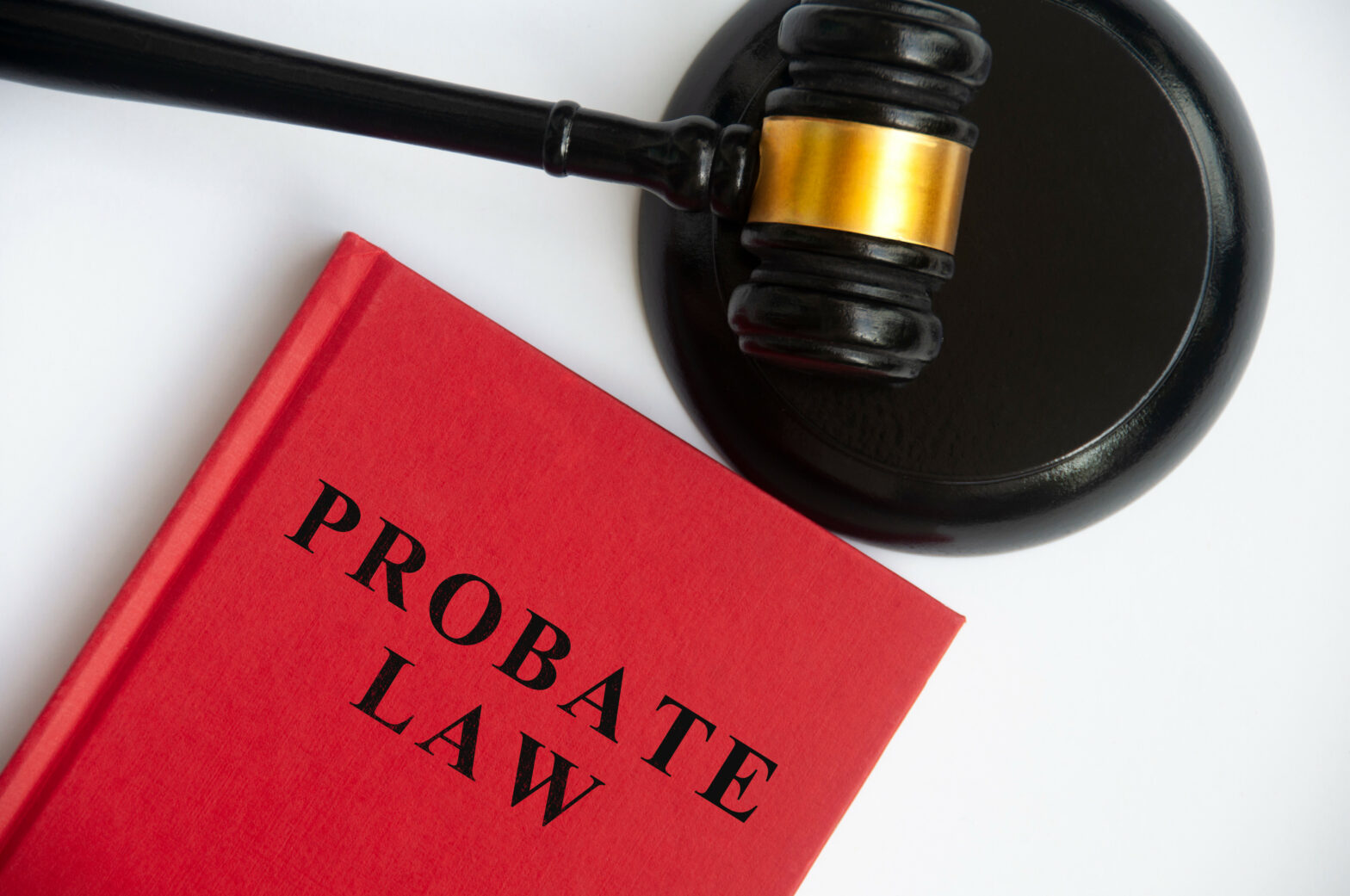
We hear from many heirs and beneficiaries who are unhappy with the administration of their Probate for a variety of reasons. In Florida, as an heir or beneficiary, or any interested party, you have the right to make sure that your probate is being administered according to law. If your Personal Representative has failed to properly administer your estate, you are within your rights to have the Court make the determination on whether he or she should be removed.
 I. Attacking the Initial Appointment of the Personal Representative
I. Attacking the Initial Appointment of the Personal Representative
From the onset, for your Probate to move forward in Florida someone has to step up to become the nominated Personal Representative. Sometimes the Last Will and Testament of the decedent may provide for someone to become the personal representative, in other situations the appointment is dependent upon who is entitled to preference under Florida law. Florida Statute 733.301 provides a basic roadmap for preference of appointment:
733.301 Preference in appointment of personal representative.—
(1) In granting letters of administration, the following order of preference shall be observed:
(a) In testate estates:
1. The personal representative, or his or her successor, nominated by the will or pursuant to a power conferred in the will.
2. The person selected by a majority in interest of the persons entitled to the estate.
3. A devisee under the will. If more than one devisee applies, the court may select the one best qualified.
(b) In intestate estates:
1. The surviving spouse.
2. The person selected by a majority in interest of the heirs.
3. The heir nearest in degree. If more than one applies, the court may select the one best qualified.
(2) A guardian of the property of a ward who if competent would be entitled to appointment as, or to select, the personal representative may exercise the right to select the personal representative.
(3) In either a testate or an intestate estate, if no application is made by any of the persons described in subsection (1), the court shall appoint a capable person; but no person may be appointed under this subsection:
(a) Who works for, or holds public office under, the court.
(b) Who is employed by, or holds office under, any judge exercising probate jurisdiction.
(4) After letters have been granted in either a testate or an intestate estate, if a person who was entitled to, and has not waived, preference over the person appointed at the time of the appointment and on whom formal notice was not served seeks the appointment, the letters granted may be revoked and the person entitled to preference may have letters granted after formal notice and hearing.
(5) After letters have been granted in either a testate or an intestate estate, if any will is subsequently admitted to probate, the letters shall be revoked and new letters granted.
So Florida has certain folks that are designated with “preference of appointment” meaning that absent a reason to otherwise appoint them as the Personal Representative, they will be the nominated Personal Representative. If you are not entitled to preference, you still may become appointed if the nominated Personal Representative doesn’t wish to serve or if you can establish that the Personal Representative is unfit for the duty.
II. Removing a Personal Representative After Appointment
Sometimes the grounds for the removal of the Personal Representative do not surface until the administration of the estate (or lack thereof) has begun to manifest through the Probate proceedings. Probate is a very rigid and procedural oriented area of law. The failure to comply with the administrative guidelines of Florida Law may create certain grounds for removal. Fortunately, the Florida legislature has also provide enumerated grounds for removal of the Personal Representative in Florida Statute 733.504, which provides:
733.504 Removal of personal representative; causes for removal.—A personal representative may be removed and the letters revoked for any of the following causes, and the removal shall be in addition to any penalties prescribed by law:
(1) Adjudication that the personal representative is incapacitated.
(2) Physical or mental incapacity rendering the personal representative incapable of the discharge of his or her duties.
(3) Failure to comply with any order of the court, unless the order has been superseded on appeal.
(4) Failure to account for the sale of property or to produce and exhibit the assets of the estate when so required.
(5) Wasting or maladministration of the estate.
(6) Failure to give bond or security for any purpose.
(7) Conviction of a felony.
(8) Insolvency of, or the appointment of a receiver or liquidator for, any corporate personal representative.
(9) Holding or acquiring conflicting or adverse interests against the estate that will or may interfere with the administration of the estate as a whole. This cause of removal shall not apply to the surviving spouse because of the exercise of the right to the elective share, family allowance, or exemptions, as provided elsewhere in this code.
(10) Revocation of the probate of the decedent’s will that authorized or designated the appointment of the personal representative.
(11) Removal of domicile from Florida, if domicile was a requirement of initial appointment.
(12) The personal representative would not now be entitled to appointment.
By far the most common grounds for removal stems from paragraph 5, wasting and maladministration of the estate. Probate can be a daunting task and if not properly monitored an estate can be Probated incorrectly at the cost of time and money for the heirs or beneficiaries. Florida case law has interpreted 733.504 to require actual harm to the estate assets or endangerment. Every claim of maladministration therefore needs to be carefully analyzed before plunging into an adversary proceeding. The adversary proceeding will require a presentation of evidence that is done through an evidentiary hearing. If removed the Personal Representative must provide a complete accounting of the administration within 30 days of removal pursuant to the Florida Rules of Probate and must also deliver the estate assets to the successor Personal Representative.
If you’re a beneficiary or heir of an estate and would like to have the nominated Personal Representative removed for any reason, give us a call to learn what we can do to help the Probate of your estate.
Disclaimer: The information contained in this blog/website is for informational purposes only and provides general information about the law but not specific advice. This information should not be used as a substitute for advice from competent legal counsel as laws change and the facts in your specific case need to be analyzed.
















